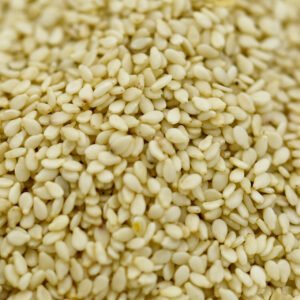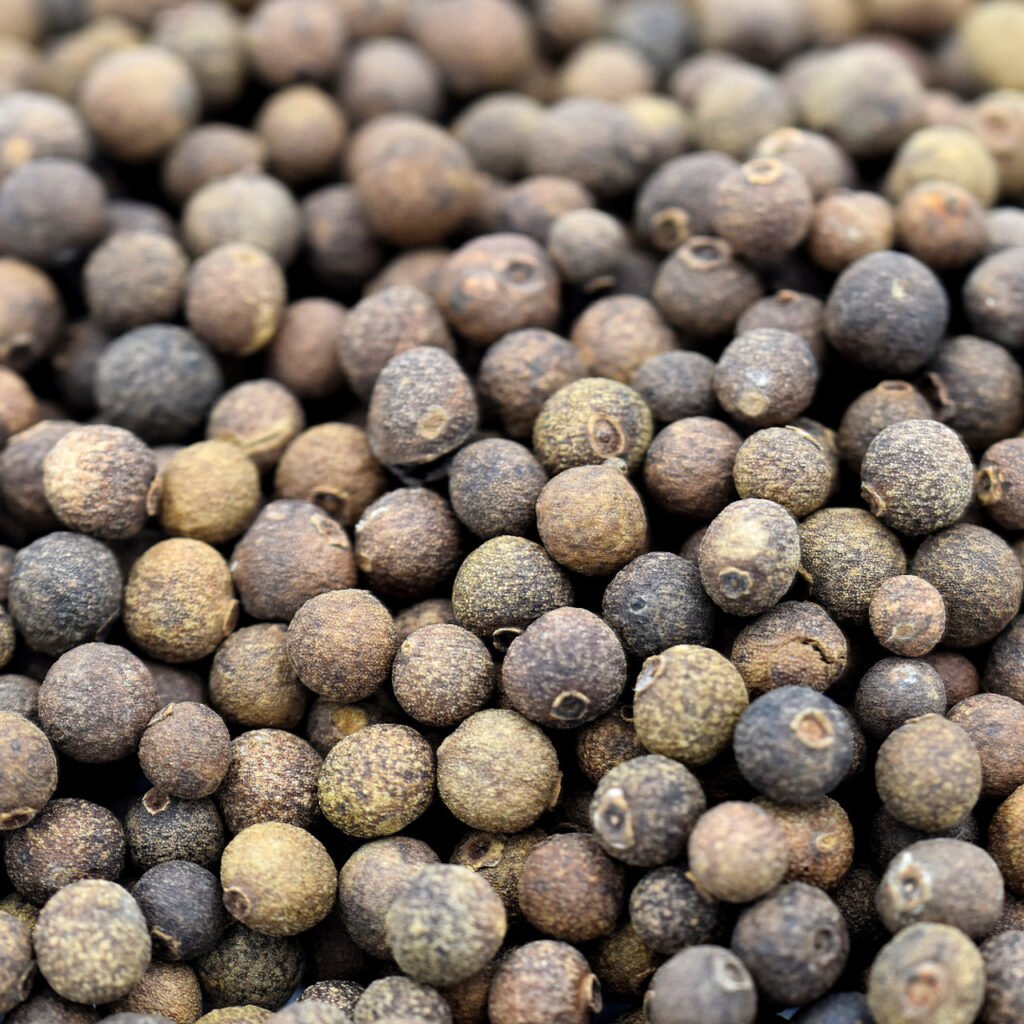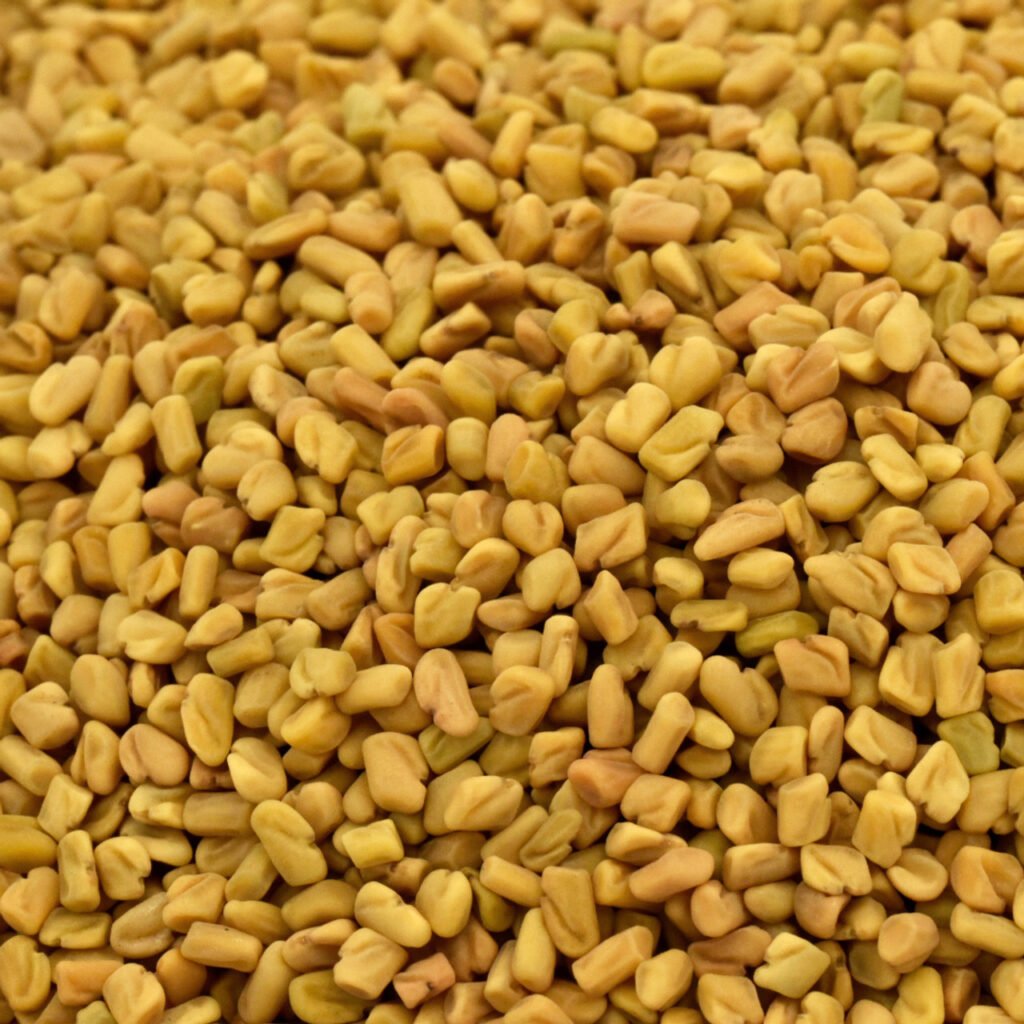Rapeseed
Rapeseed, also known as canola, is a popular oilseed crop that is widely cultivated across the globe. With its numerous health benefits, rapeseed oil is quickly becoming a preferred choice among health-conscious consumers. In this article, we will explore the various health benefits of rapeseed, its nutritional value, and how it can be incorporated into your daily diet.
1. What is Rapeseed?
Rapeseed, scientifically known as Brassica napus, is a bright yellow flowering plant belonging to the mustard family. The plant is native to Europe, but today it is widely cultivated in countries such as Canada, China, Australia, and India. Rapeseed oil is extracted from the seeds of the plant and is commonly used for cooking, baking, and in salad dressings.
2. Nutritional Value of Rapeseed
Rapeseed oil is a rich source of essential fatty acids, including omega-3 and omega-6. It also contains high levels of vitamin E, which is an antioxidant that helps protect the body against free radicals. Additionally, rapeseed oil is low in saturated fats and high in monounsaturated and polyunsaturated fats, making it a healthier option than many other cooking oils.
3. Health Benefits of Rapeseed
Lowers Cholesterol Levels
Rapeseed oil is rich in monounsaturated and polyunsaturated fats, which help lower LDL (bad) cholesterol levels in the body. Studies have shown that consuming rapeseed oil regularly can reduce cholesterol levels by up to 10%.
Promotes Heart Health
Consuming rapeseed oil has been linked to improved heart health. The high levels of monounsaturated and polyunsaturated fats in rapeseed oil can reduce the risk of heart disease by lowering blood pressure and preventing the formation of blood clots.
Boosts Immunity
Rapeseed oil contains high levels of vitamin E and other antioxidants, which help boost the immune system and protect the body against various diseases and infections.
Aids in Digestion
Rapeseed oil contains high levels of fiber, which aids in digestion and helps prevent constipation. Additionally, it contains anti-inflammatory properties that can soothe the digestive system and reduce inflammation.
Promotes Brain Health
Rapeseed oil is a rich source of omega-3 and omega-6 fatty acids, which are essential for brain health. Consuming rapeseed oil regularly can improve cognitive function and reduce the risk of neurodegenerative diseases such as Alzheimer’s.
Reduces Inflammation
Rapeseed oil contains high levels of anti-inflammatory compounds that can reduce inflammation in the body. Regular consumption of rapeseed oil has been linked to reduced inflammation and improved overall health.
Fights Against Cancer
Rapeseed oil contains high levels of glucosinolates, which are compounds that have been shown to have anti-cancer properties. Studies have shown that consuming rapeseed oil regularly can reduce the risk of certain types of
Of cancer, including breast, lung, and colon cancer.
4. Incorporating Rapeseed into Your Diet
Rapeseed oil is a versatile ingredient that can be easily incorporated into your daily diet. Here are a few ways to use rapeseed oil:
Cooking with Rapeseed Oil
Rapeseed oil has a high smoke point, making it ideal for high-heat cooking methods such as frying and sautéing. It can be used to cook a variety of dishes, from stir-fries to roasted vegetables.
Baking with Rapeseed Oil
Rapeseed oil can be used as a substitute for butter or vegetable oil in baking recipes. It adds moisture and a mild, nutty flavor to baked goods.
Using Rapeseed Oil in Salad Dressings
Rapeseed oil can be used as a base for salad dressings, adding a rich, nutty flavor to your greens. Mix it with vinegar or lemon juice and herbs to create a delicious and healthy dressing.
Conclusion
Rapeseed oil is a healthy and versatile ingredient that offers numerous health benefits. Its high levels of essential fatty acids, antioxidants, and anti-inflammatory compounds make it a great choice for cooking, baking, and salad dressings. Incorporating rapeseed oil into your daily diet can improve your overall health and well-being.
- Is rapeseed oil better than olive oil?
Both rapeseed oil and olive oil have numerous health benefits. Rapeseed oil is lower in saturated fats and higher in monounsaturated and polyunsaturated fats, while olive oil is higher in monounsaturated fats. Both oils can be part of a healthy diet.
- Is rapeseed oil safe to consume?
Yes, rapeseed oil is safe to consume. It is a common ingredient in many foods and has been extensively studied for its health benefits.
- Can I use rapeseed oil for frying?
Yes, rapeseed oil has a high smoke point and is ideal for frying and other high-heat cooking methods.
- Can rapeseed oil help lower cholesterol levels?
Yes, consuming rapeseed oil regularly has been shown to lower cholesterol levels in the body.
- Is rapeseed oil a good source of omega-3 fatty acids?
Yes, rapeseed oil is a good source of omega-3 and omega-6 fatty acids, which are essential for overall health and well-being.
Lorem ipsum dolor sit amet, consectetur adipiscing elit. Ut elit tellus, luctus nec ullamcorper mattis, pulvinar dapibus leo.





